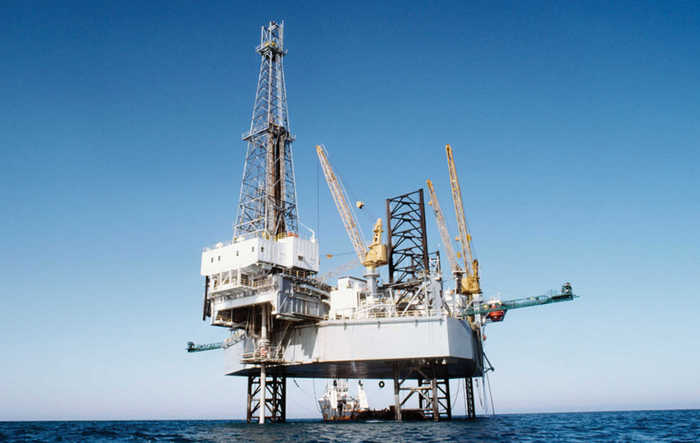The ships are fleeing the Red Sea, the object of the Houthi attacks and now of the military response of the US and its allies in Yemen. The effect is a lengthening of trade times on the Asia-Europe route, but above all an inevitable consequent increase in the prices of goods transported.
Added to the rise in oil, which has risen by more than 4% today with Brent at $80 a barrel, the risk is of a new 'Houthi tax' on most of the products arriving from the East, from raw materials "to PCs, up to socks".
This is explained by Alessandro Giraudo, economist, expert in geopolitics and raw materials, professor at the Grandes Écoles in Paris. As highlighted by the economic think tank IFW, Kiel Institute for the World Economy, the number of containers transported by ship on the Red Sea has already plummeted by almost 70% compared to the estimated traffic in this period, precisely because of the attacks of the Yemeni rebel group on international ships.
The institute speaks of a real "collapse": from 500,000 containers per day recorded in November, it has fallen to about 200,000. The slump is equivalent to 66% less than the maritime traffic expected in January.
To avoid the Red Sea, through which about 12% of world trade passes, freighters are forced to extend their journey via the Cape of Good Hope. Which means, explains Giraudo interviewed by Radio24, 8 to 12 more days of navigation, i.e. more energy consumption, higher insurance costs, longer "immobilization" times for crews and ships. The freight rates of the more or less standard containers, the 40-foot ones that are used for transport from China to the Mediterranean, have thus gone from 3,000 dollars per unit a couple of months ago to 6,000 dollars. A real doubling even if still far, as the Kiel Institute points out, from the 14,000 dollars reached during the Covid emergency. "It is true that ships no longer pay tolls to cross Suez, which ranges from half a million to a million dollars," he said, "but the increase in costs is quite evident."
However, the professor does not hide a certain speculation taking place. "The various transport groups are taking advantage of the situation. If there's an increase in costs of $5 million or $20 million, dividing by 000,500 containers, we're at $1-$000,3 per container at most. But freight rates have gone up by $000,<>."
All rights reserved © Copyright ANSA

